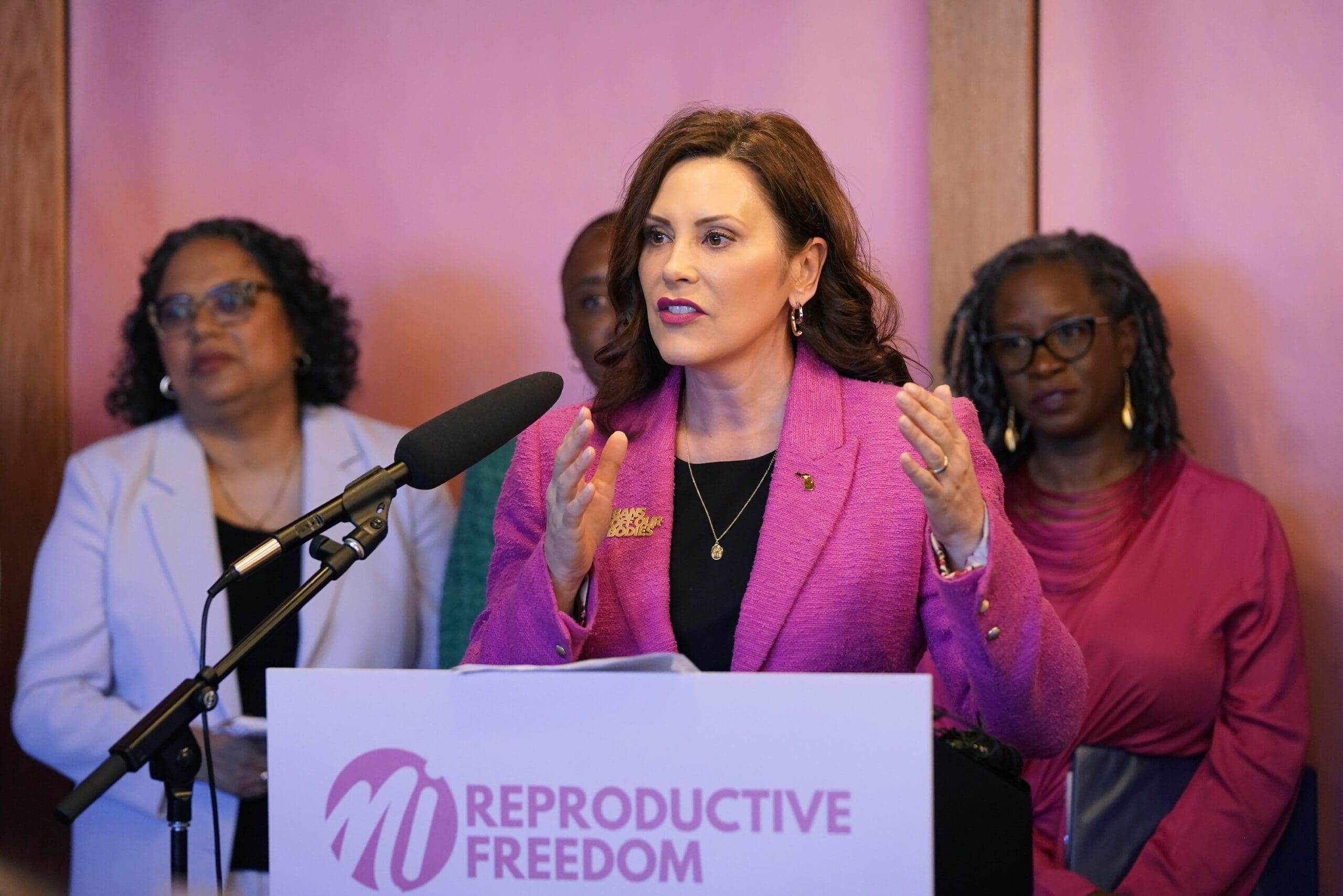Article Summary –
Michigan Governor Gretchen Whitmer has signed the Michigan Family Protection Act into law, decriminalizing paid gestational surrogacy contracts and ending Michigan’s status as the only U.S. state where such contracts were illegal. The new law repeals a 1988 prohibition against paid surrogacy contracts, creating protections for surrogates, parents, and children born via surrogacy. The legislation, which passed the state House in November 2023 and the Senate in March 2024, requires surrogates to be at least 21 years old, have previously given birth, and pass physical and mental health evaluations.
Michigan Governor legalizes paid surrogacy contracts, ending state’s unique prohibition
Democratic Gov. Gretchen Whitmer of Michigan signed the Michigan Family Protection Act into law on Monday, thereby decriminalizing paid gestational surrogacy contracts in the state. This ends Michigan’s unique status as the only state where such contracts were illegal.
Details of the Michigan Family Protection Act
The act is a compilation of nine bills that repeal the law outlawing paid surrogacy contracts and set protections for surrogates, parents, and children born via surrogacy. Whitmer expressed that the act is meant to protect families conceived through In-Vitro Fertilization (IVF) and ensure LGBTQ+ parents’ equal treatment.
Surrogacy contracts in the past
Since 1988, paid surrogacy contracts were illegal in Michigan as per a law passed by state Republicans, punishable by fines and imprisonment. The act also criminalized assisting in arranging these contracts.
New requirements for Surrogates
Under the new act, surrogates must be at least 21 years old, have given birth before, and pass medical and mental health evaluations to ensure their suitability for pregnancy.
A personal struggle leads to change
Michigan mom Tammy Myers has been lobbying for the repeal of the 1988 surrogacy ban, following her legal battle to obtain custody of her twins born via a surrogate in 2021.
The Myers had to adopt their biological children, a process that took nearly two years, due to premature birth before finalizing the custody certificate.
Recognition of the struggle
Whitmer acknowledged Myers’ struggle, saying, “The trauma stays with her. Can you imagine not being able to have your name on your child’s birth certificate or put them on your health insurance? It’s wrong. And today, we’re going to be making it right.”
Legislation sponsored by Democratic state Rep. Samantha Steckloff
Democratic state Rep. Samantha Steckloff, who can’t have children naturally due to breast cancer treatments, sponsored the legislation. After the state Senate passed the bill, she expressed her elation that the laws were set to protect individuals’ rights to decide when and how to grow their family.
Bill backed more by Democrats than Republicans
The legislation initially passed the Michigan state House in November 2023, with all Republican lawmakers voting against it. The Senate then approved the bill on March 19 by a vote of 69-22, with all dissenting votes from Republicans.
Whitmer lamented the Republican opposition, asserting that the new law is about providing women and same-sex couples with another way to have children while ensuring equal protection for every child.
—
Read More Michigan News


